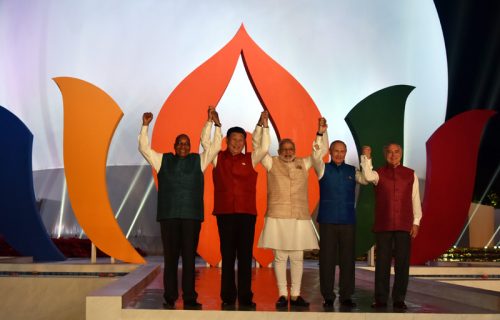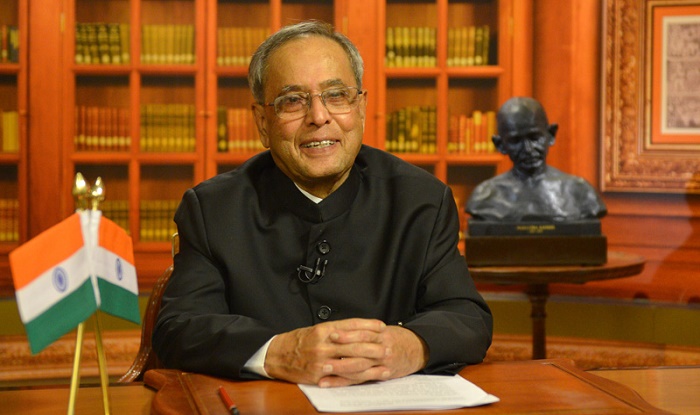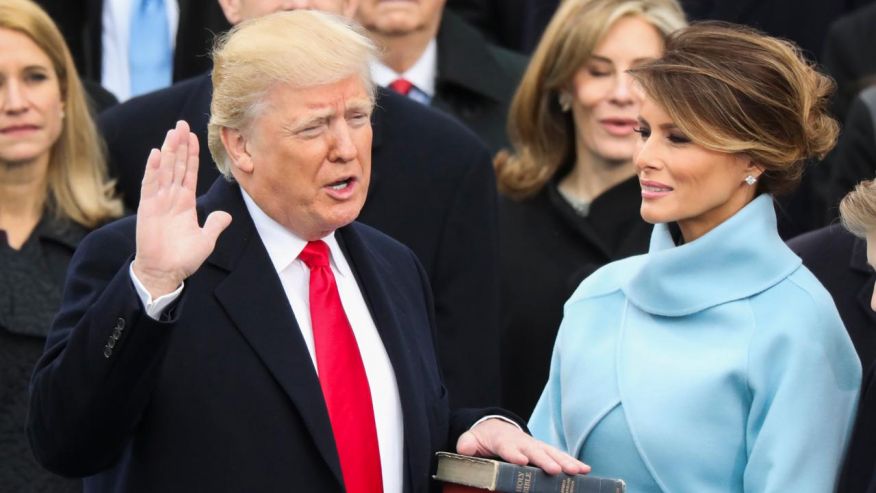
Mattis-Parrikar talk: US assures India of sustaining momentum in defence ties
Amid anxiety in India over the Trump administration’s H1B visa policy, there is a reassuring note from Washington about sustaining the momentum in burgeoning defence relations between India and the US. Days after US President Donald Trump called Prime Minister Narendra Modi, Defence Secretary James Mattis spoke to his Indian counterpart Manohar Parrikar and underscored the new administration’s commitment to build upon the transformation in India-US defence relations accomplished in the last few years.
In the first conversation between the two defence ministers since the change of guard in Washington, Secretary Mattis committed to build upon the tremendous progress in bilateral defense cooperation made in recent years, underscoring the strategic importance of the US—India relationship and India’s role in advancing global peace and security,” Pentagon Press Secretary Capt Jeff Davis said in Washington DC on February 8.
On the strategic and security side, the signalling from the Trump administration has been largely positive. In his telephonic conversation with Prime Minister Narendra Modi, Trump had assured that the US “considers India a true friend and partner in addressing challenges around the world.” The two leaders also decided to bolster the partnership between the United States and India in broad areas such as the economy and defense.









